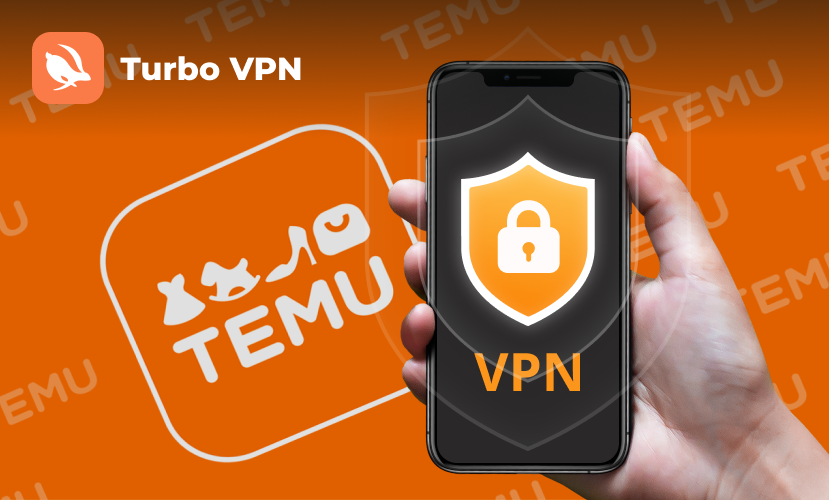The dark web, often associated with anonymity and secrecy, has become a hotspot for those seeking to engage in activities away from the prying eyes of the public and authorities. But despite its reputation as a hidden part of the internet, one common question often arises: Can the police track you on the dark web? The short answer is yes, but it’s far from simple. Here’s why.
Understanding the Dark Web
Before diving into how police can track users on the dark web, it’s important to understand what it is and how it works. The dark web is a part of the internet that exists on an encrypted network, making it difficult to access through standard search engines. It can only be accessed using specific software, such as Tor, which masks your identity and location by routing your internet traffic through multiple servers, often across different countries.
While Tor provides a layer of anonymity, it’s not foolproof. Just as it’s used for illicit activities, such as the sale of drugs, weapons, and stolen data, there are also legitimate uses for accessing the dark web, including protecting one’s privacy in oppressive regimes. But as with any tool, its use can be tracked.
How the Police Can Track You on the Dark Web
While tools like Tor can make it much more difficult for the average person to track you, law enforcement agencies have sophisticated methods of tracking users, even on the dark web.
- De-anonymizing Techniques
Though Tor is designed to anonymize users, it doesn’t make them completely invisible. Experts in cybersecurity and law enforcement can potentially exploit vulnerabilities in the Tor network or individual user behaviors to de-anonymize users. For instance, flaws in the way traffic is routed or specific patterns in internet usage can give clues about a user’s identity. - IP Address Tracking
Even though Tor hides your IP address by encrypting your traffic and sending it through various relays, it’s still possible for law enforcement to track you by exploiting weaknesses. In some cases, if a user’s traffic exits through an unencrypted relay or if they interact with websites that don’t use encryption (HTTP vs. HTTPS), they could inadvertently leak information that could lead authorities to track their location. - Operational Security (OpSec) Mistakes
Many individuals operating on the dark web, especially those engaging in illicit activities, make simple mistakes that can reveal their identity. They might log in to a dark web marketplace using the same credentials they’ve used on a regular surface web site, or they might fail to properly secure their devices with encryption. Law enforcement agencies often monitor these small missteps and can catch individuals when they inadvertently leave a trail. - Hacking and Malware
In some cases, law enforcement may use malware to track and identify dark web users. They may deploy malware on dark web sites or forums, which can infect the devices of those visiting these sites. Once infected, the malware can send information about the user’s real location and identity back to the authorities. This is particularly effective against users who do not take proper precautions to protect their devices. - Collaborating with Dark Web Marketplaces
Some of the largest dark web marketplaces have been infiltrated or seized by law enforcement agencies. As part of these operations, they can monitor transactions, track communication between buyers and sellers, and gather evidence for future investigations. For instance, if you conduct a transaction involving cryptocurrency on one of these markets, the police could use forensic methods to track the cryptocurrency’s movement and tie it to a specific person.
The Role of Law Enforcement Agencies
Law enforcement agencies worldwide, including the FBI, Interpol, and local police, have dedicated units focused on combating illegal activities on the dark web. These agencies employ a combination of advanced technology, cyber expertise, and undercover operations to infiltrate dark web marketplaces and collect evidence.
In some high-profile cases, law enforcement agencies have been able to take down large dark web marketplaces such as Silk Road and AlphaBay. These takedowns were not just about disabling websites but also about gathering extensive intelligence on users and their activities. Many arrests followed as a result of these operations.
Additionally, law enforcement agencies monitor the use of cryptocurrencies like Bitcoin and Monero, which are often used in transactions on the dark web. Though these cryptocurrencies offer some level of anonymity, the blockchain transactions associated with them are publicly accessible. By tracking these transactions, police can sometimes link them to individuals through various means.
Can You Truly Stay Anonymous on the Dark Web?
While anonymity is the core promise of the dark web, the reality is that complete anonymity is extremely difficult to achieve. The dark web, while offering some level of protection for its users, is far from an invincible shield.
If law enforcement agencies are determined enough and have the resources, they can track you down. Whether they’re exploiting weaknesses in the Tor network, monitoring cryptocurrency transactions, or simply waiting for a mistake, the risk of being tracked is always present.
That being said, for most individuals simply using the dark web for privacy or anonymity, the risk of being tracked is relatively low as long as they follow good operational security practices. Using encrypted communication, avoiding login mistakes, and taking steps to protect your device from malware can significantly reduce the risk.
Conclusion
In conclusion, while the dark web provides layers of anonymity, it is by no means foolproof. Can the police track you on the dark web? Yes, they can, though it requires significant expertise and effort. Law enforcement has the tools and knowledge to track dark web users if they have the necessary resources and intent.
If you plan to access the dark web, always remain cautious about your digital footprint and understand the risks involved. While it may seem like a hidden realm, it’s not beyond the reach of law enforcement, especially for those engaging in illegal activities. Whether you’re using the dark web for privacy reasons or exploring its depths, maintaining operational security is key to staying safe.



